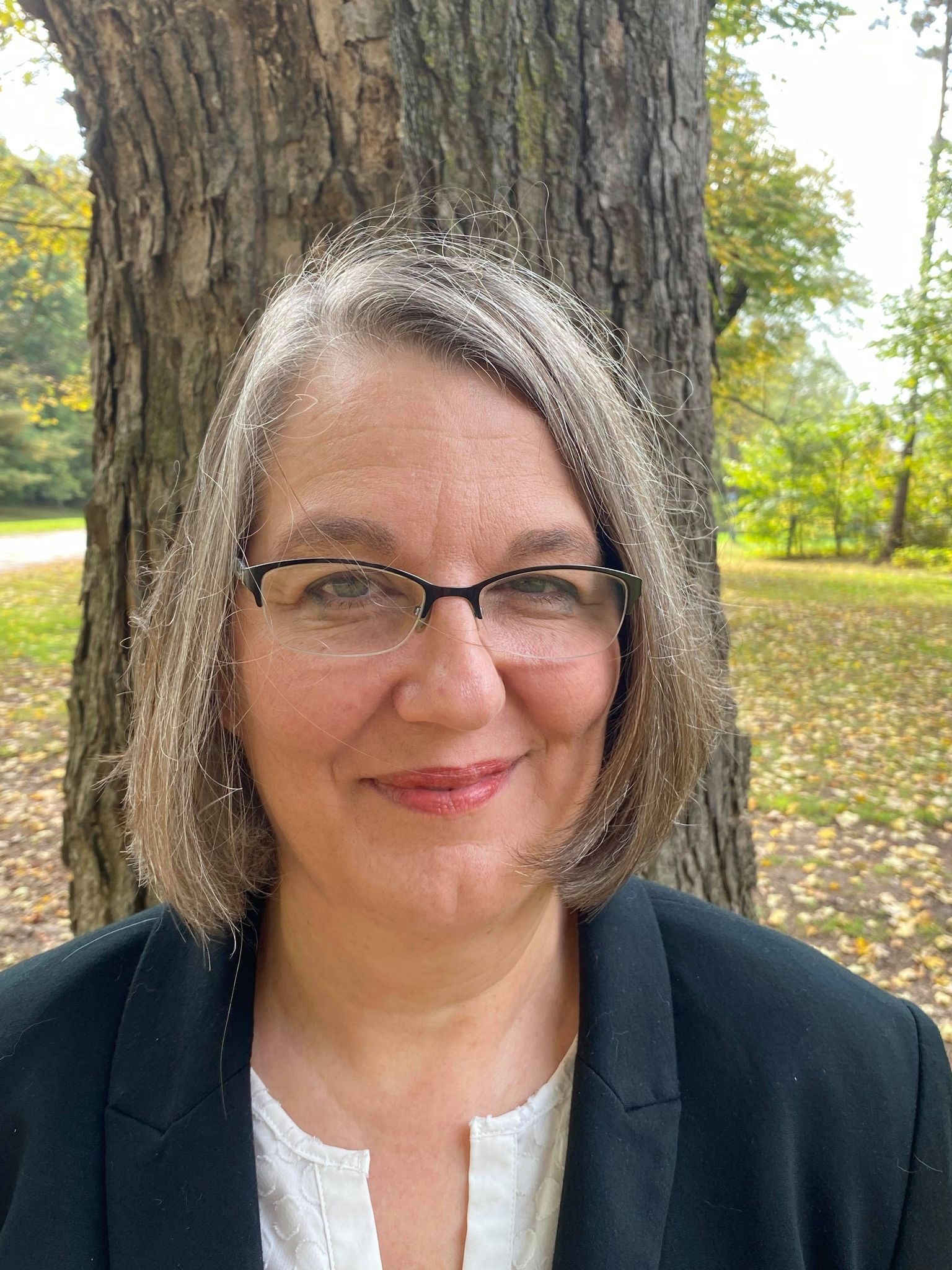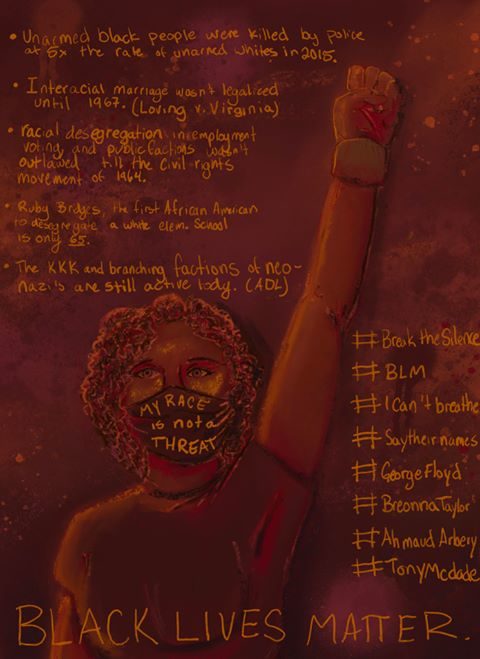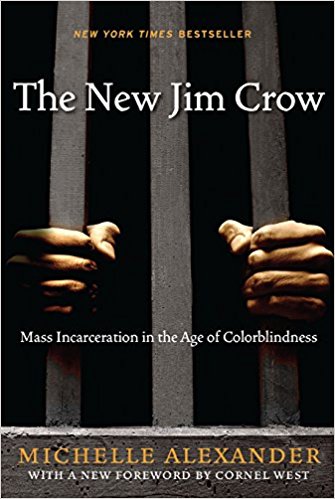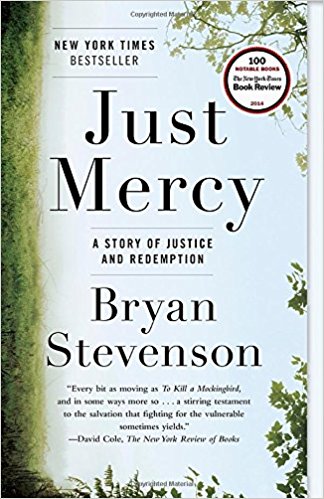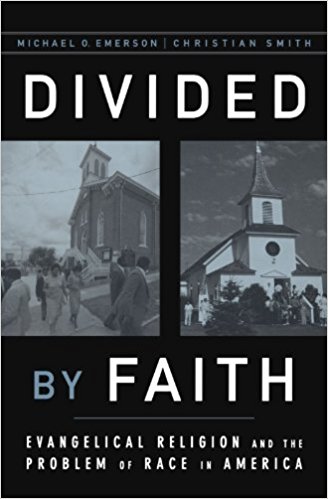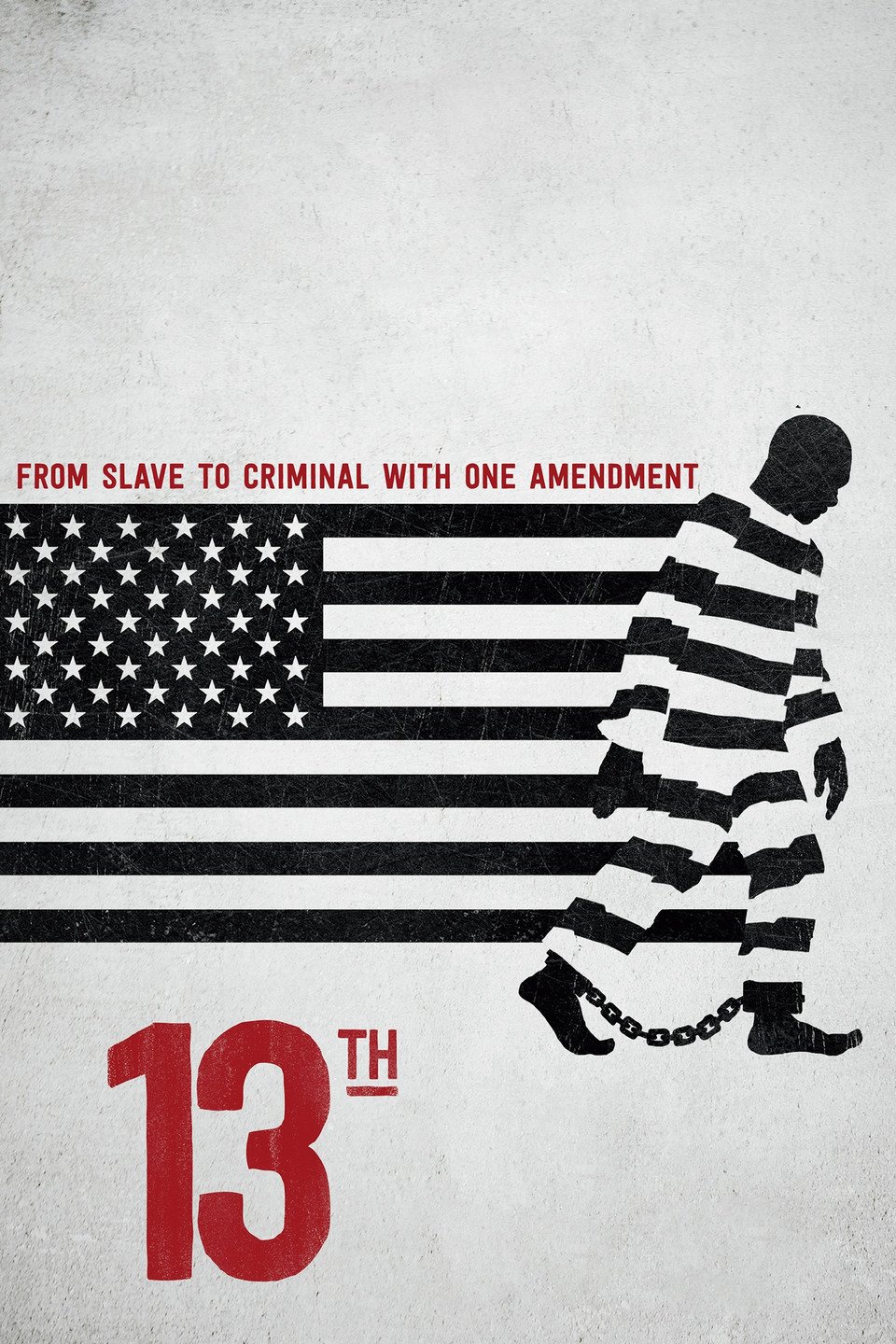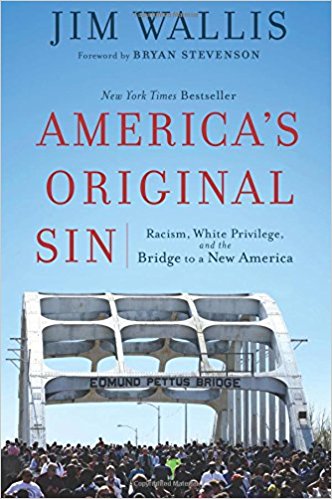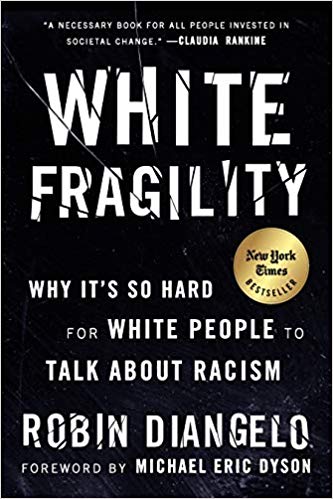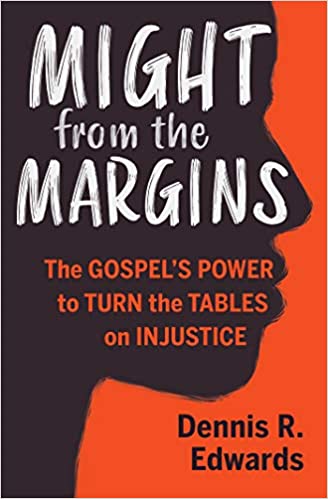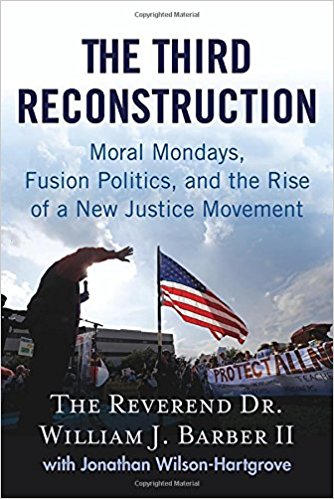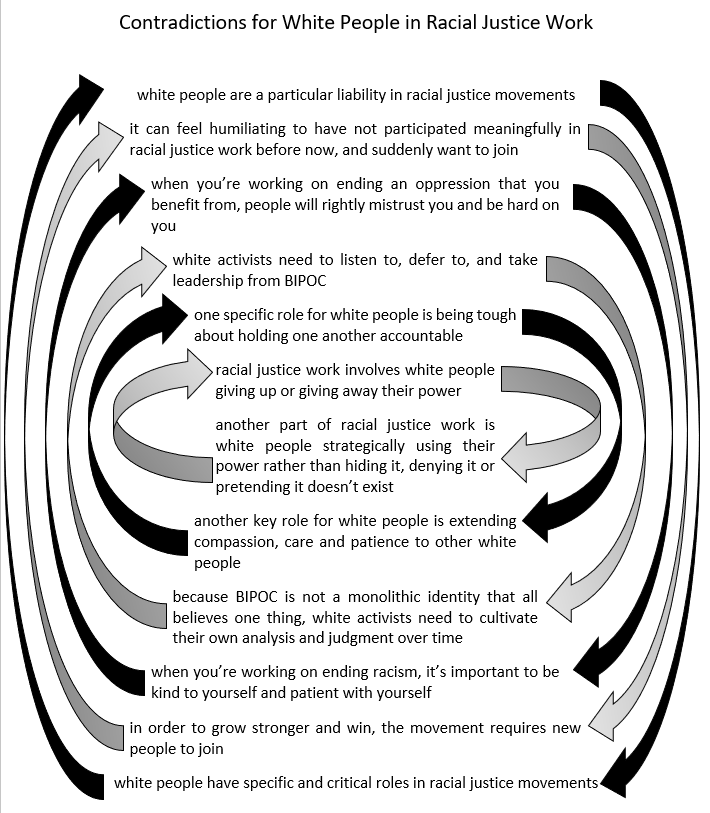Image Credit: Elizabeth A. Eccles
Don’t miss the podcast links at the end!
Continual self-reflection as well as moving from reflection to action are essential. Check out:
Martin Luther King, Jr’s “Letter from a Birmingham Jail”
“An Examen for White Allies”
“101 Things White People Can Do For Racial Justice”
A few personal notes:
You will like or appreciate different books and resources in a different order than I did. I started with The New Jim Crow, and it was so different from anything that I had been told or taught that it took me a long time to read it. That is probably more a factor of my past than of the book itself.
I mention it, though, because if you, in the course of reading or watching or listening, find your beliefs being challenged, I want to encourage you to sit with the discomfort. Take frequent breaks. Spend time in self-examination. And then, read another chapter or watch or listen to another 10 minutes, until you need to take a break again. I believe it is important both to honor yourself with careful thought and prayer, and to honor these stories by coming back to them and moving forward through them. The balance of those two things is up to you.
My favorite resources so far have been Bryan Stevenson’s Just Mercy and Jen Hatmaker’s interview of Lisa Sharon Harper. They are both difficult and heartbreaking, but they captured my attention and moved me more towards action and change than the rest of these (nevertheless great) resources. I am sure some of you will agree and others disagree with me on that.
Finally, I have used Twitter to connect with further voices on these topics. I follow the names I come across here, and then add more names through their connections. You may choose a different path. But I suggest that, if you are white, you develop your own networks, places where you can listen…listen…listen to the conversations, comments and experiences of people of color. They have been ignored by some of us for far too long.
I’m starting with two book by white people. I think they provide a gentle on-ramp for white Americans, especially white Christian Americans. But think of them as pre-requisites before you start your actual course.
(Clicking on this cover will automatically download an article by Robin Diangelo)
Here’s a quick summary of redlining, in case you are not aware of this part of our history:
Other great books (and one movie):
Click on titles for additional links to author interviews or podcasts.
Personal favorite: Just Mercy
See also: Divided by Faith and13th The Movie
I am not a big podcast person, but these two are exceptional!
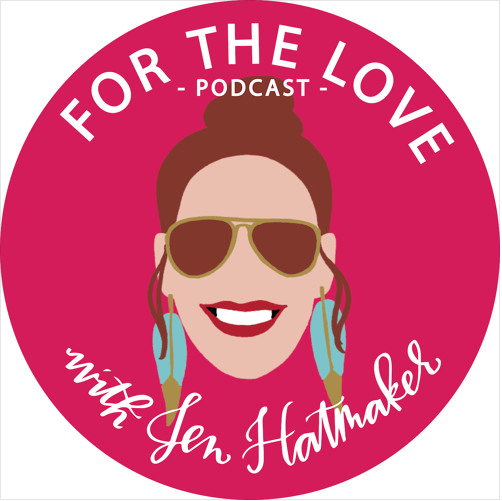 Lisa Sharon Harper, “Unequally Saved: The Church’s Role in Racism,” For The Love with Jen Hatmaker. April 24, 2018
Lisa Sharon Harper, “Unequally Saved: The Church’s Role in Racism,” For The Love with Jen Hatmaker. April 24, 2018
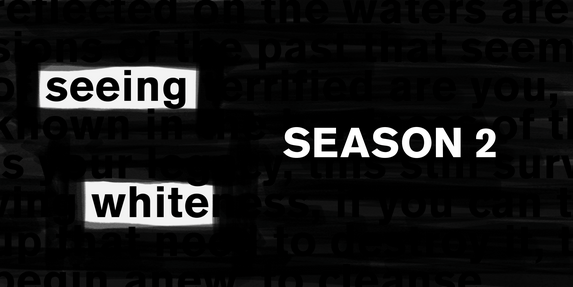 John Biewen, “Seeing White” Scene on Radio. 14-part series, 2017
John Biewen, “Seeing White” Scene on Radio. 14-part series, 2017
